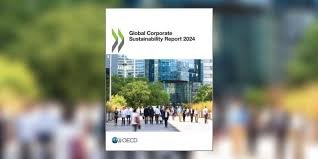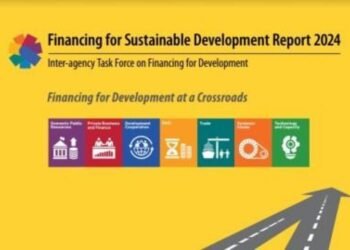In the journey to sustainable energy future, renewable energy sources have emerged as pivotal solutions. The REN21 Renewables and Sustainability Report (RESR) provides invaluable insights into the potential of renewables and strategies to optimize their benefits while addressing potential negative impacts. Here, we delve into key takeaways from the report and elucidate on the pathways to scaling up renewables sustainably.
The Case for Renewables
Renewable energy stands as a cornerstone of sustainability, offering multifaceted benefits across environmental, social, and economic domains. Unlike conventional energy sources, renewables present minimal environmental footprint, with significantly lower emissions and resource depletion. Moreover, renewables contribute to climate change mitigation, enhance energy security, and foster local economic development through job creation and value addition.
Key Takeaways from the RESR
1. Renewables Foster Sustainability
Renewable energy technologies play a pivotal role in fostering sustainability on a global scale. By harnessing natural resources such as sunlight, wind, and water, renewables offer a clean and inexhaustible source of energy. This not only reduces greenhouse gas emissions but also mitigates air, water, and land pollution, thereby safeguarding environmental integrity.
2. Comparative Benefits of Renewables
When juxtaposed with conventional energy sources, renewables emerge as clear frontrunners in terms of benefits. The RESR highlights the superior environmental performance of renewables, underscoring their role in mitigating climate change and preserving ecological balance. Furthermore, renewables contribute to energy diversification, reducing reliance on finite fossil fuels and enhancing energy resilience.
3. Mitigating Potential Negative Impacts
While renewables present myriad benefits, their deployment may entail certain negative impacts. However, the RESR emphasizes that these impacts can be effectively mitigated through the adoption of best practices. Strategies such as site selection, environmental impact assessments, and stakeholder engagement are pivotal in minimizing adverse effects and ensuring the sustainable deployment of renewables.
A Holistic Approach to Sustainability
Assessing the sustainability of renewables necessitates a holistic approach that considers diverse perspectives and contextual realities. The complexity of energy provision and infrastructure demands comprehensive data and stakeholder engagement to inform decision-making processes. By embracing a crowd-sourced, multi-stakeholder-based approach, we can build a robust evidence base and foster consensus on the imperative of transitioning towards renewable energy.
Conclusion
The REN21 Renewables and Sustainability Report underscores the transformative potential of renewables in shaping a sustainable energy future. By leveraging renewables, we can mitigate climate change, enhance energy security, and promote socio-economic development. Through concerted efforts and informed decision-making, we can scale up renewables in ways that maximize their benefits while mitigating potential negative impacts, thereby advancing towards a more sustainable and resilient energy paradigm.





